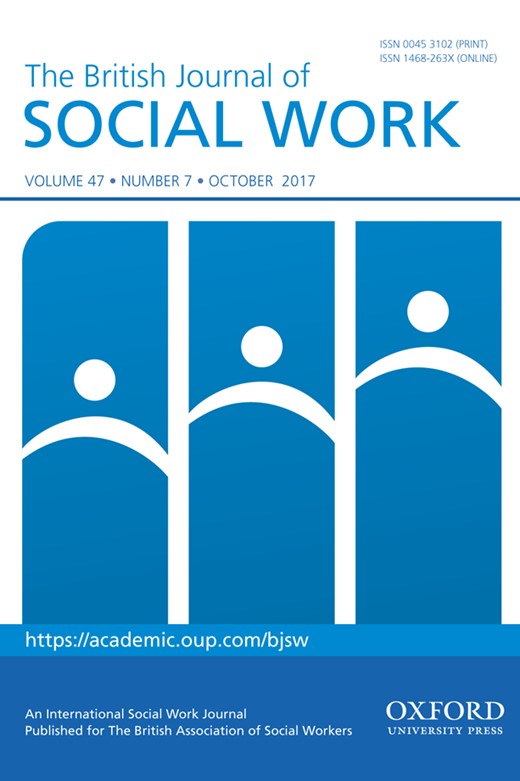-
Views
-
Cite
Cite
Michael L Goodman, Yi Zhang, Stanley Gitari, Moses Azubuike, Philip H Keiser, Sarah E Seidel, Predictors of Child-Fostering Attitudes in a Large Cross-Section of Kenyan Women: Family, Health and Psycho-Social Factors and the Residual Presence of Childhood Adversities, The British Journal of Social Work, Volume 47, Issue 7, October 2017, Pages 1850–1869, https://doi.org/10.1093/bjsw/bcw118
Close - Share Icon Share
Abstract
Tens of millions of orphan and vulnerable children in sub-Saharan Africa require long-term foster-care from community families. To support decisions to foster orphan and vulnerable children, it is necessary to understand dynamics predicting fostering attitudes. In this study, we assess a range of family, health, psycho-social and childhood factors in a community sample of Kenyan women (n = 1,974) and their association with fostering attitudes. Between 52 and 60 per cent of respondents reported very willing to foster children from various backgrounds. Greater wealth predicted greater willingness to foster, though the association was entirely mediated by overall health, HIV, divorce status, family functioning and meaningfulness of life. More frequent childhood adversities predicted significantly lower fostering support. Parents with greater life meaningfulness, overall health, family functioning and who are not facing chronic diseases like HIV may be better targets for child fostering. Reduction of frequent childhood adversities may increase overall willingness to provide foster-care in later life.




